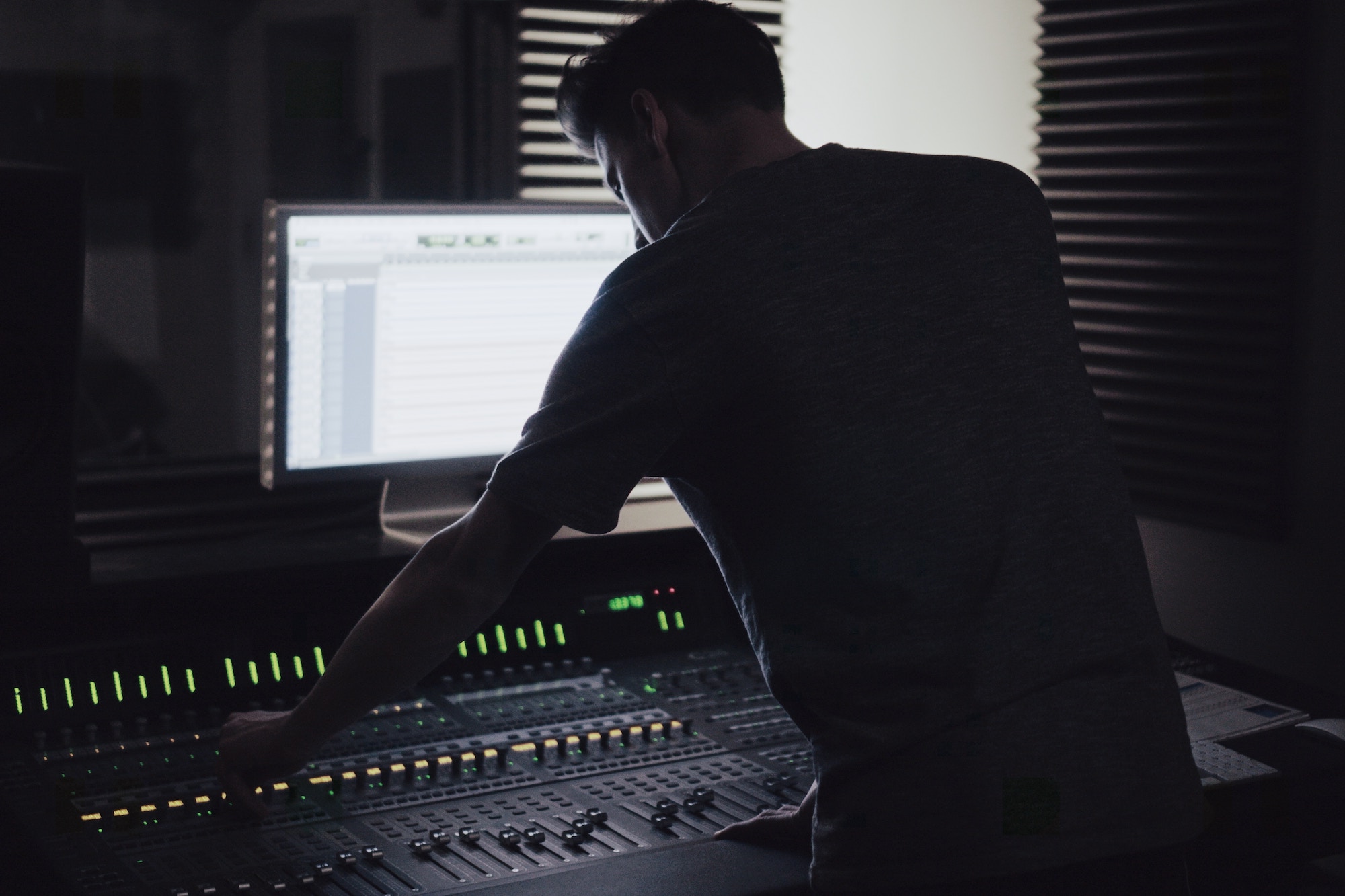Sound Engineering
Have you ever had the chance to hear your favorite performer live?
If you remember it as one of the best experiences of your life, it very likely had everything to do with what you did, or didn’t, hear.
Sound, or audio, engineers are the unseen masterminds creating these memorable sounds. While those on stage may get the glory, nothing a performer does gets applauded without a knowledgeable sound engineer behind the controls.
The combination of a love of music and the desire for technically smooth sound is the perfect mix for a career in sound engineering.
So, how do you decide if a career in sound engineering is for you?
Well, you’ll need to know a few basics like, what sound engineering is, what sound engineers do, and how to become one of the best in the field.
What are the ins and outs of sound engineering?
Many people assume that audio engineers only work in the music industry, but they can also design and control sound at conferences, theaters, and any venue with an audience. They control the microphones, sound levels and outputs to ensure the best quality of sound for the event or venue.
Sound engineers are not just the “front of house” sound. This means that they are not just standing behind a desk mixing the sound the audience hears. Sound engineers can also record, edit, mix, and master. In smaller events and venues, however, one engineer may handle all of these roles.

Want to learn to mix live sound?
What would a sound engineer do day to day?
Before you decide if a career in sound engineering is for you, decide whether you are willing to perform these basic job responsibilities:
- Minimize unwanted sound on a set
- Regulate volume levels and sound quality during a performance or session
- Set up ambient sound microphones
- Collaborate with producers and performers to achieve the desired outcome
- Provide audio system oversight during production
- Set up and operate playback
- Perform front of house audio for live events
In audio engineering, art and science meld. This makes it vital for a sound engineer to have both a critical ear and a systematic method for the work. If you are a music lover that also possesses a technical awareness, taking courses in sound engineering is vital to keep learning in this ever-growing career.
Sound Engineering Courses:
Once you decide that a career in sound engineering is for you, the next big decision is if and how much specific training to add to your resume. Many sound engineers often have no formal training, so instead, they choose to focus on gaining skills through on-the-job training. Whether it’s traditional college courses, courses designed to be hands-on, or courses that are completely online, the sound engineering field is full of avenues to further your education and experience.
When it comes to higher education, there are certainly enough options to investigate to find the right fit for you. Berkeley College of Music and New York State University are just two of the great choices for traditional higher education in audio engineering. For a complete list, visit https://www.careersinmusic.com.
If a solely online and virtual learning path is right for you, Mixcademy is the superb choice. Its online training is designed for all levels and skill sets. It will help you learn everything sound right from the comfort of your home.
A sound engineer is an ideal job for people interested in both technology and the arts. It requires a lot of technical expertise, but also a creative bent that helps musicians and performers realize their artistic intent.
If you have a sensitive, well-trained ear and love the newest in sound technology, becoming a sound engineer may be just the career for you.